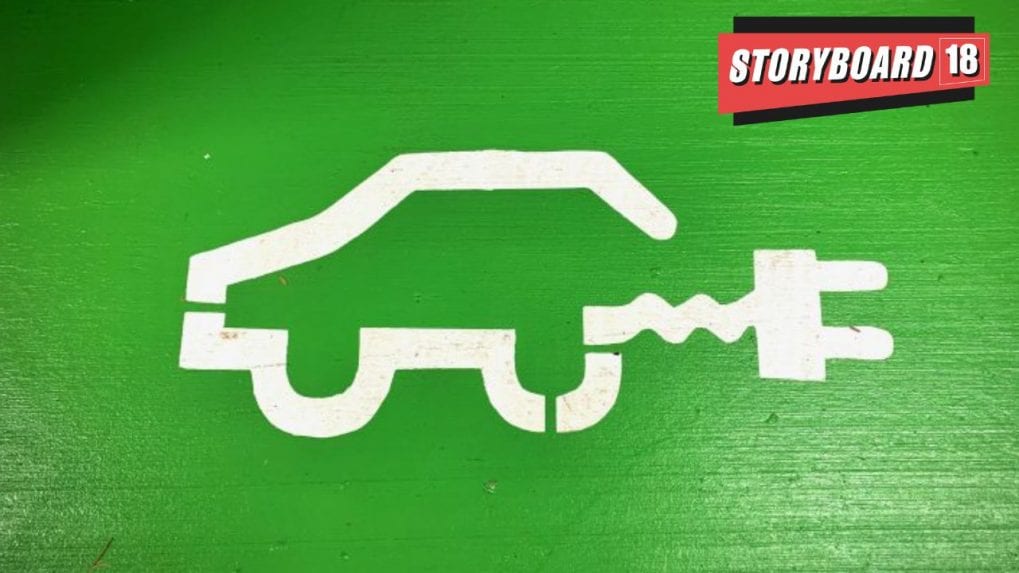China drags India to WTO over EV subsidies, alleges violation of global trade rules
Beijing claims New Delhi’s incentives unfairly favour local automakers; move comes amid Chinese EV makers’ push to enter India’s booming market.
ADVERTISEMENT
China has reportedly lodged a formal complaint against India at the World Trade Organization (WTO), alleging that New Delhi’s subsidies for electric vehicles (EVs) and batteries breach global trade norms. The complaint, filed by China’s Ministry of Commerce, marks a fresh flashpoint in bilateral trade ties even as both nations attempt to normalise relations after years of diplomatic chill following the Eastern Ladakh standoff.
According to the Chinese Commerce Ministry, India’s policy measures violate several WTO obligations, including the principle of national treatment, which mandates equal treatment for foreign and domestic players and amount to import substitution subsidies explicitly prohibited under multilateral trade rules, as per a PTI report.
“These measures unfairly benefit India’s domestic industries and undermine China’s legitimate interests,” the ministry reportedly said in a statement.
The move comes as Chinese EV makers, grappling with domestic overcapacity and price wars, seek to expand their presence in overseas markets such as the European Union and Asia. India’s fast-growing EV market, buoyed by government incentives and policy support, has emerged as a particularly attractive target for Chinese automakers like BYD.
Read more: Electric vehicles adex share in auto sector set to climb 50%
Industry reports indicate that China’s EV sector is facing a glut, with 50-odd manufacturers exporting around 2.01 million pure electric and plug-in hybrid vehicles in the first eight months of the year- a 51% surge from the same period a year earlier. But as the EU imposes steep tariffs of up to 27% on Chinese EVs, India has become a strategic alternative for Chinese firms eager to offset shrinking profits at home.
In response to the WTO complaint, Commerce Secretary Rajesh Agrawal said that India will review the detailed submissions made by China. “They have sought consultations with India,” a government official said, adding that such consultations form the first step of the WTO’s dispute settlement process.
If the consultations fail to produce a mutually acceptable outcome, the complainant can request the WTO to set up a dispute panel to rule on the issue.
Notably, this is not the only case China has initiated; it has also filed similar complaints against Turkiye, Canada, and the European Union over what it describes as discriminatory trade practices against Chinese industries.
China’s complaint against India comes at a time when bilateral trade continues to tilt heavily in Beijing’s favour. In FY25, India’s exports to China fell 14.5% to $14.25 billion, while imports surged 11.5% to $113.45 billion, pushing India’s trade deficit with China to a record $99.2 billion.
Read more: Charging into the future: EV charging stations to drive outdoor advertising growth
Meanwhile, India has been aggressively pushing its electric mobility agenda through policies such as the production-linked incentive (PLI) scheme and a dedicated electric-vehicle policy aimed at boosting domestic manufacturing and reducing import dependence. The government has also indicated that EV prices could match those of petrol vehicles within the next four to six months, signalling a turning point for the country’s clean mobility mission.


